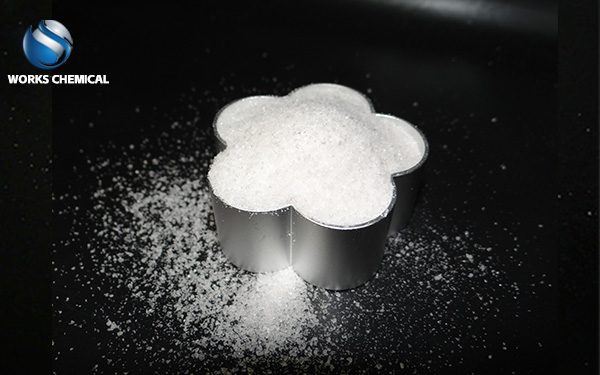
The types of sludge conditioner mainly include the following:

Inorganic conditioner:
Aluminum salts: such as aluminum sulfate, aluminum chloride, etc., they have strong polymerization and neutralization, and the removal effect of suspended matter and organic matter is better.
Iron salts: such as ferrous sulfate, iron sulfate, etc., they can form insoluble precipitation with alkaline substances in water, and promote the precipitation of suspended solids.
Lime, sodium hydroxide, ferric hydroxide, etc., are also common inorganic conditioners, which improve the dewatering performance of the sludge by neutralizing the organic acids in the sludge and adjusting the sludge pH value. The advantages of inorganic conditioner are low cost and good dehydration effect, but the addition amount is large, which may lead to an increase in the amount of sludge after treatment.
Organic conditioner:
Polyaluminum chloride (PAC), polyferric sulfate, polyaluminum sulfate and other organic flocculants have good flocculation effect, and will not cause secondary pollution to water.
Cationic polyacrylamide (CPAM), anionic polyacrylamide (APAM) and other organic polymers are also commonly used as organic conditioners, which improve the dewatering performance of sludge by absorbing and neutralizing organic substances in the sludge.
Compound conditioner:
Compound conditioner is the compound use of inorganic conditioner and organic conditioner to give full play to their respective advantages. The common combined adjusters are lix-polyacrylamide, aluminum hydroxide polyacrylamide, etc., which can not only reduce the cost of sludge treatment, but also improve the effect of sludge dehydration.
Biological conditioner:
Biological conditioner is a new type of sludge conditioner, which mainly uses microorganisms to decompose organic matter in the sludge, so as to improve the dewatering performance of the sludge.
Homemade conditioner:
Some companies will choose homemade conditioners according to their own needs, and these conditioners are usually customized according to the nature of the sludge and treatment process.
It should be noted that different sludge conditioners are suitable for different sludge types and treatment processes, so they need to be selected according to the specific situation in practical applications. At the same time, the use of sludge conditioners also needs to comply with relevant regulations and standards to ensure the safety and environmental protection of the treatment process.